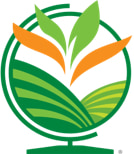On the Farm STEM 2021 - Tennessee
This year 's On the Farm program brought together teams of high school educators with experts in science education, agricultural science, and beef production to the farmers, ranchers, and agriculture operators of Tennessee.
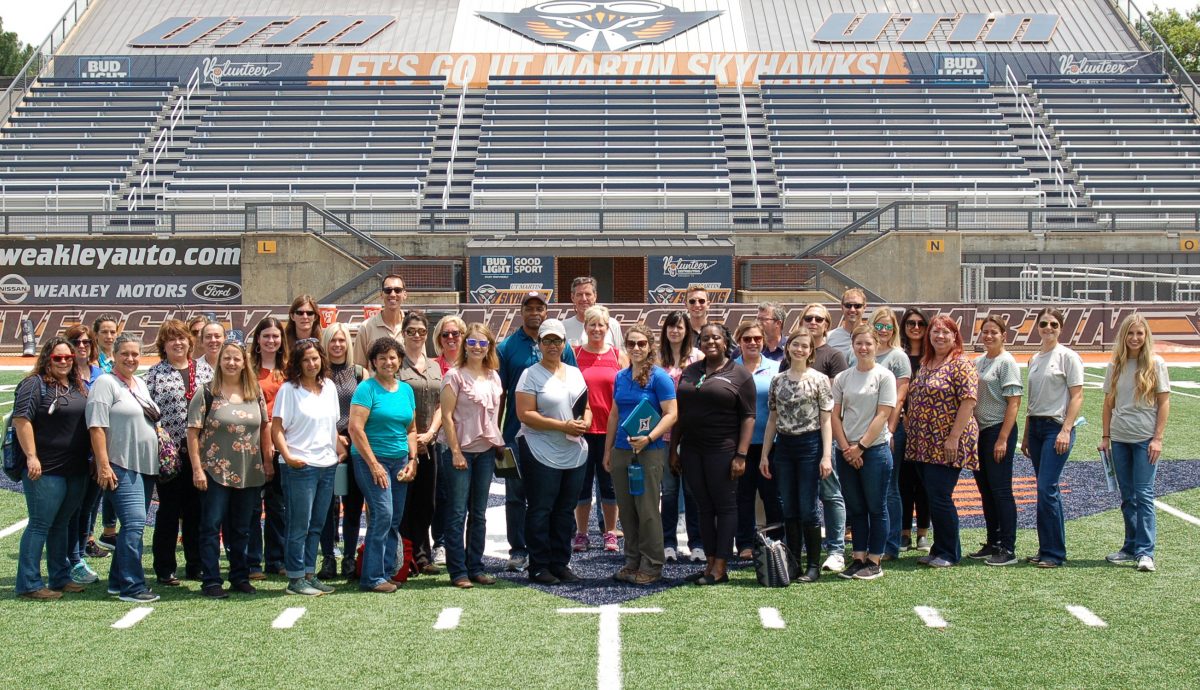
On the Farm STEM is a program created by the American Foundation for Agriculture and funded by the Beef Checkoff to bring formal and informal educators together to see where science and agriculture meet. This year’s On the Farm program brought together teams of high school educators with experts in science education, agricultural science, and beef production to the farmers, ranchers, and agriculture operators of Tennessee. This program helps educators envision a model for high school science learning that will lead today’s students to have greater awareness and act on agricultural issues. The following is a collection of journal excerpts from various participants’ experiences.
Day 1:
“After an early morning start, we traveled through the rolling hills of green soybean fields to west Tennessee. Our first stop of the day was at the McWherter Farms, a cow-calf operation on the cutting edge of reproductive technologies. Ranchers are able to use the science of the cow reproductive cycle to create meticulous, well timed breeding programs, use genetic markers to improve breeding stock generation after generation, and select for traits to fit in the ever-changing market.” -Utah educator
Next, was a stop at the University of Tennessee at Martin. Providing participants with a hands-on experience that built from the previous tour.
“The highlight of being at UT Martin was getting to try our hands at threading the transfer catheter into the cattle reproductive tracts and dissecting them. I really enjoyed talking to and having the assistance of the pre-vet student. She crossed the gap between ‘farmer’ type roles and ‘scientist’ type roles.”-Science Education expert
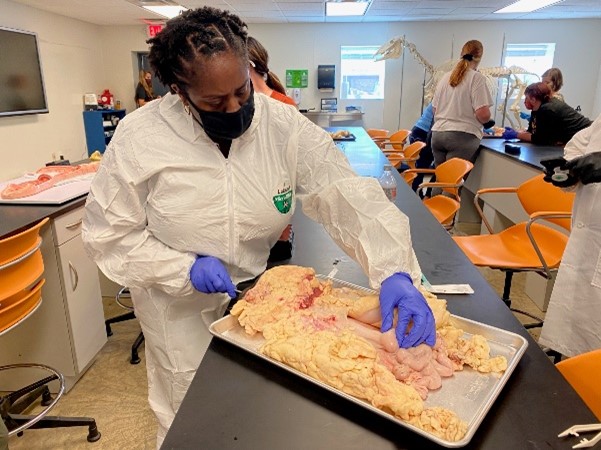
To close out Day 1, participants had dinner and a farm tour with the Yeargin Family Farm. This multi-generational family operation produces crops and cattle, and participants were able to discuss directly with the family as they toured. With discussions ranging from the rapid technological advancements, the challenges they face when making decisions for their operation, and promoting proper stewardship of their land, participants walked away with a greater appreciation for the day-to-day, ‘boots on the ground’ perspective.
Day 2:
“Our day started at the Tennessee Farmers Co-op, a feed mill that processes feed for cattle, horses and various other animals. This tour made me think of the students I teach whose path does not end up in college but in a trade for an industry such as this…many of my students would be successful learning a hands-on trade for industries that are vital, bringing a new meaning to ‘essential worker’.”-Utah educator
“The engineer side of me was very into the process of the trucks dropping of the grain and being weighed. Then the grain being conveyed up into the tower’s storage bins. Then mixed and process and stored in the second tower. Then dropped into trucks for delivery or sent to the bagging facility. I had a good discussion with the quality controller’s rise from being a high school graduate. This visit brought an otherwise overlooked part of the process into clear focus.” -Georgia educator
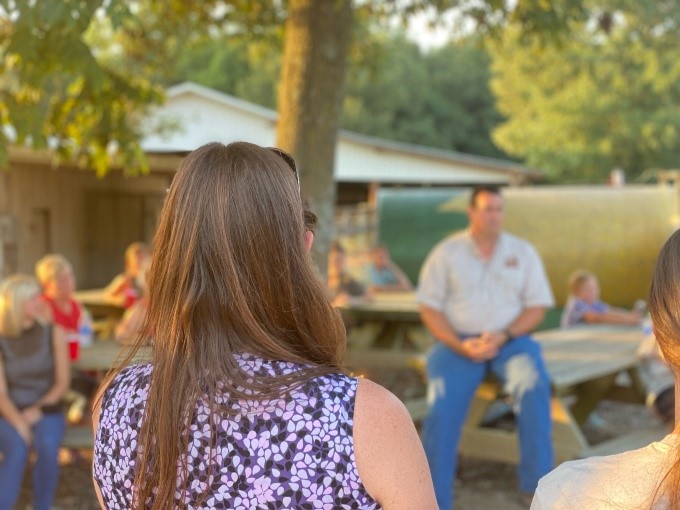
“We spent the afternoon at Lone Oaks Farm. What a beautiful, amazing place! I love how they talked about teaching STEM through the lens of agriculture. The example he gave of learning was a math example to help students see the practical application of math skills with agriculture” -Science Education Expert
Day 3:
At the Yoder Brothers Custom Processing facility, “James (owner) brought the business of the end game into focus. Seeing the cattle be processed into the sellable parts made it all tangible. I cannot say enough about how his explanation about muscle and fat and actually seeing how the process works really brought it all home for me.” -Georgia educator
“While I may not eat beef, I understand the role it plays in our world. My leather belt, dog food, and so much more is produced from cattle. However, to see how meat is transformed from animal to product was an eye-opening experience. I really liked how things went full circle: Birth -> Growth -> Processing.” -New Jersey educator
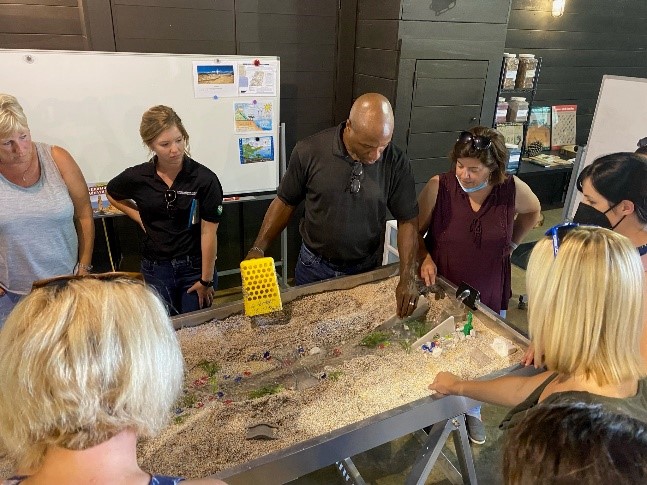
While the trip may have reached its conclusion, educators were leaving with many ideas and new first-hand experiences to share with their classrooms for the upcoming school year.
“When I reflect on how to use this knowledge, I immediately think of my school’s curriculum. What parts of the curriculum can be related to agriculture? Food chains, the nitrogen cycle, antibiotic resistance, the list goes on!” -New Jersey educator
As these educators head back to their students this fall across the country, the American Farm Bureau Foundation for Agriculture will continue to provide them with support on the education of beef production and agriculture sciences. Stay tuned to further updates on the progress of seeing agriculture in STEM!
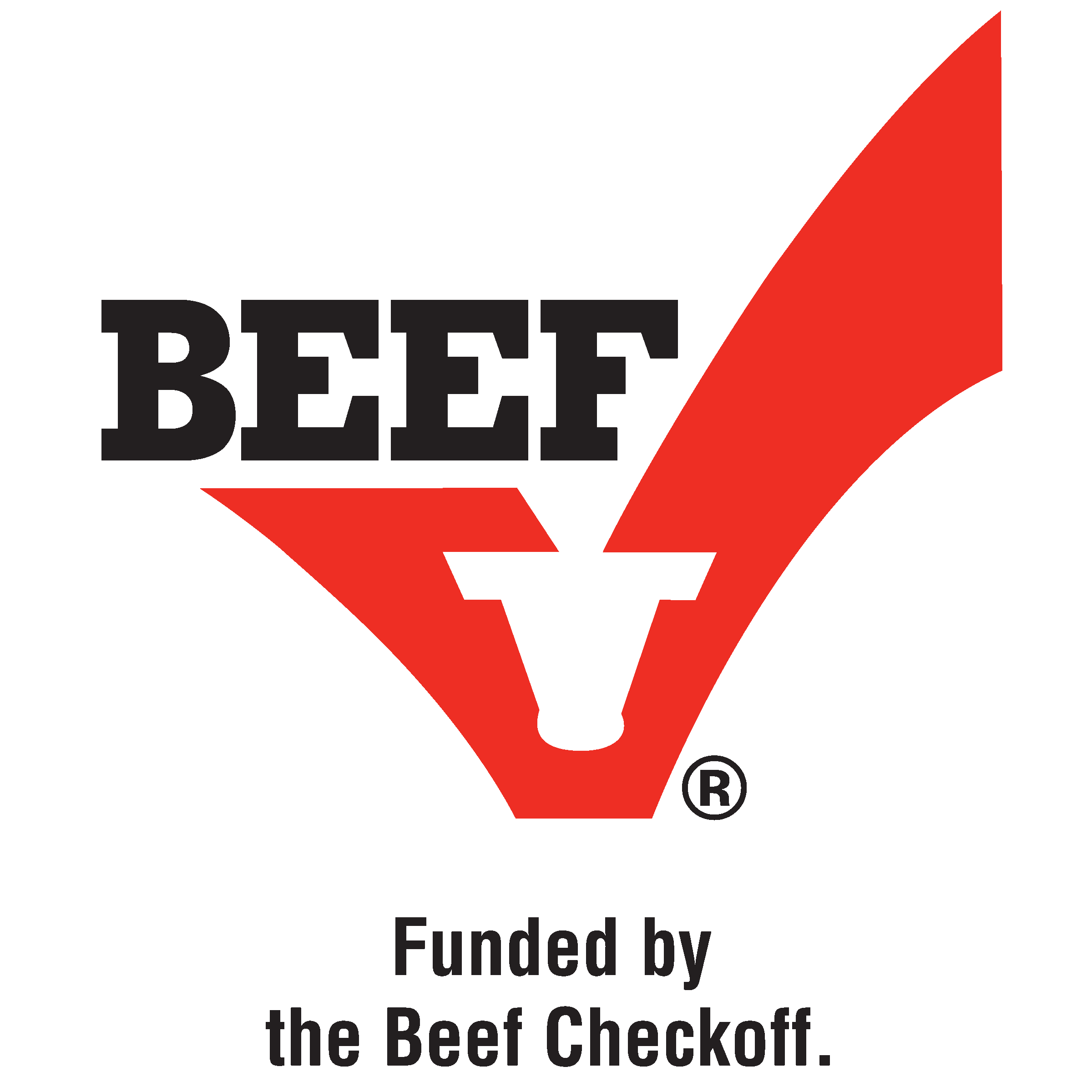
ABOUT THE BEEF CHECKOFF: The Beef Checkoff was established as part of the 1985 Farm Bill. The checkoff assesses $1 per head on the sale of live domestic and imported cattle, in addition to a comparable assessment on imported beef and beef products. States may retain up to 50 cents on the dollar and forward the other 50 cents per head to the Cattlemen’s Beef Promotion and Research Board, which administers the national checkoff program, subject to USDA approval.

